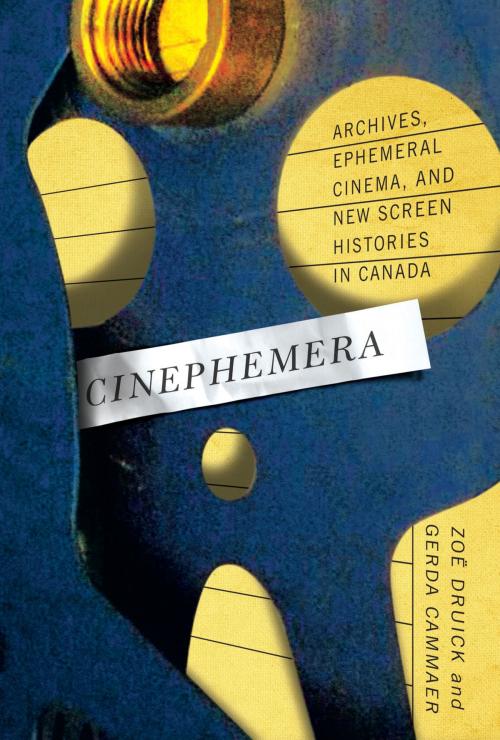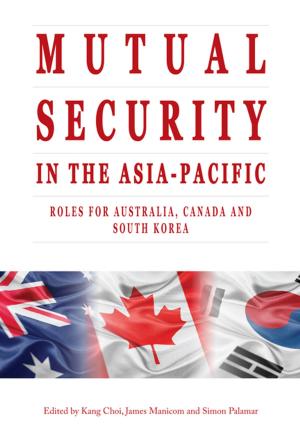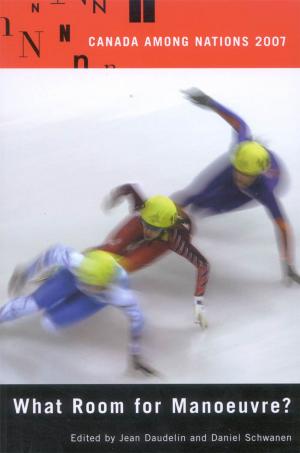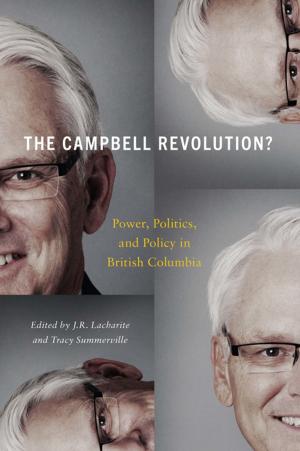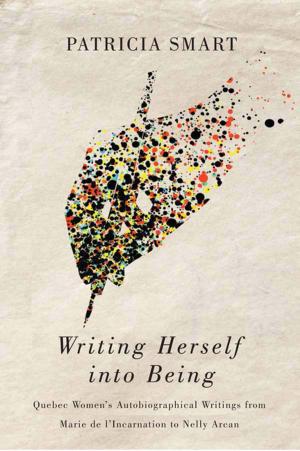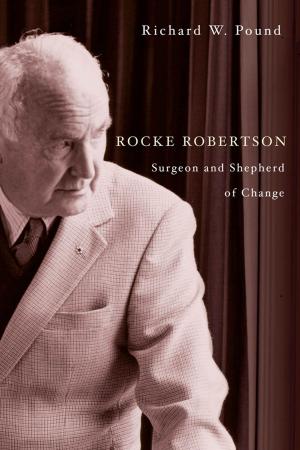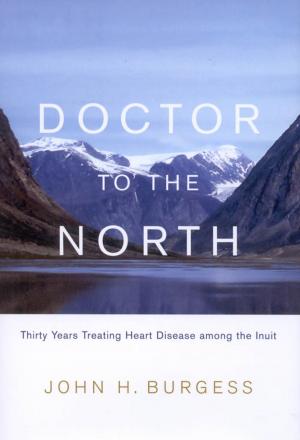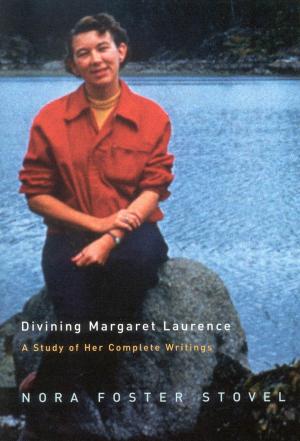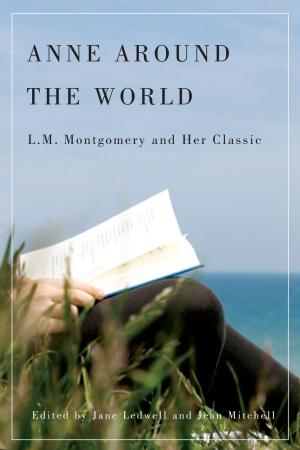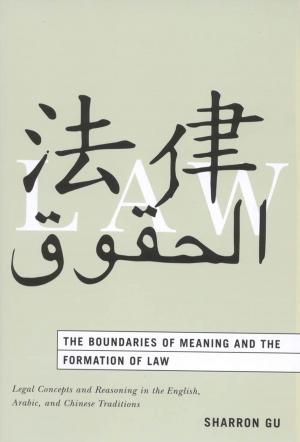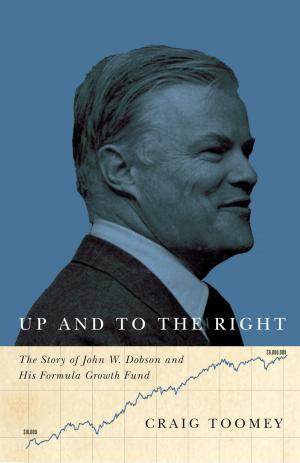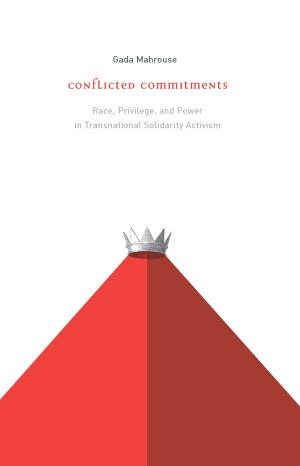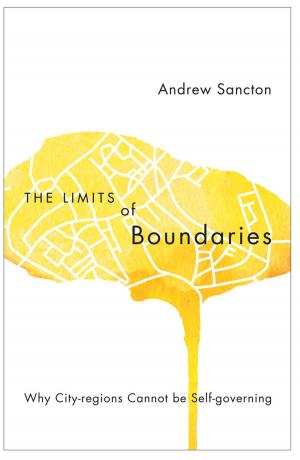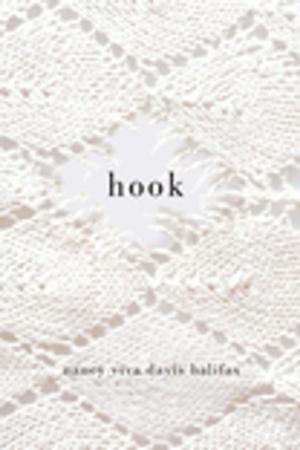Cinephemera
Archives, Ephemeral Cinema, and New Screen Histories in Canada
Nonfiction, Entertainment, Film, History & Criticism, Performing Arts| Author: | ISBN: | 9780773596764 | |
| Publisher: | MQUP | Publication: | November 1, 2014 |
| Imprint: | MQUP | Language: | English |
| Author: | |
| ISBN: | 9780773596764 |
| Publisher: | MQUP |
| Publication: | November 1, 2014 |
| Imprint: | MQUP |
| Language: | English |
What do digital platforms mean for cinema studies in Canada? In an era when digital media are proliferating and thousands upon thousands of clips are available online, it seems counter-intuitive to say that audio-visual history is quickly disappearing. But the two processes are actually happening in tandem. Adopting a media-archaeological approach to the history of cinema, contributors to Cinephemera cover a wide range of pressing issues relating to Canadian cinema's ephemerality, including neglected or overlooked histories, the work of found footage filmmakers, questions about access and copyright, and practices of film archiving. Spurred by rapid changes to technologies of production, viewing, and preservation, this collection showcases both leading and emerging scholars grappling with the shifting meaning of cinema as an object of study. Film historians are put in conversation with experimental filmmakers and archivists to provide renewed energy for cinema studies by highlighting common interests around the materiality and circulation of films, videos, and other old media. Considering a wide range of cases from the earliest days of silent film production to the most recent initiatives in preservation, Cinephemera exposes the richness of moving image production in Canada outside the genres of feature length narrative fiction and documentary - a history that is at risk of being lost just as it is appearing. Contributors include Andrew Burke (Winnipeg), Jason Crawford (Champlain), Liz Czach (Alberta), Seth Feldman (York), Monika Kin Gagnon (Concordia), André Habib (Montreal), Randolph Jordan (SFU), Peter Lester (Brock), Scott Mackenzie (Queen's); Louis Pelletier (Montreal), Katherine Quanz (WLU), Micky Story (New College), Charles Tepperman (Calgary), Jennifer VanderBurgh (Saint Mary's), William C. Wees (McGill), Jerry White (Dalhousie), and Christine York (Concordia).
What do digital platforms mean for cinema studies in Canada? In an era when digital media are proliferating and thousands upon thousands of clips are available online, it seems counter-intuitive to say that audio-visual history is quickly disappearing. But the two processes are actually happening in tandem. Adopting a media-archaeological approach to the history of cinema, contributors to Cinephemera cover a wide range of pressing issues relating to Canadian cinema's ephemerality, including neglected or overlooked histories, the work of found footage filmmakers, questions about access and copyright, and practices of film archiving. Spurred by rapid changes to technologies of production, viewing, and preservation, this collection showcases both leading and emerging scholars grappling with the shifting meaning of cinema as an object of study. Film historians are put in conversation with experimental filmmakers and archivists to provide renewed energy for cinema studies by highlighting common interests around the materiality and circulation of films, videos, and other old media. Considering a wide range of cases from the earliest days of silent film production to the most recent initiatives in preservation, Cinephemera exposes the richness of moving image production in Canada outside the genres of feature length narrative fiction and documentary - a history that is at risk of being lost just as it is appearing. Contributors include Andrew Burke (Winnipeg), Jason Crawford (Champlain), Liz Czach (Alberta), Seth Feldman (York), Monika Kin Gagnon (Concordia), André Habib (Montreal), Randolph Jordan (SFU), Peter Lester (Brock), Scott Mackenzie (Queen's); Louis Pelletier (Montreal), Katherine Quanz (WLU), Micky Story (New College), Charles Tepperman (Calgary), Jennifer VanderBurgh (Saint Mary's), William C. Wees (McGill), Jerry White (Dalhousie), and Christine York (Concordia).
